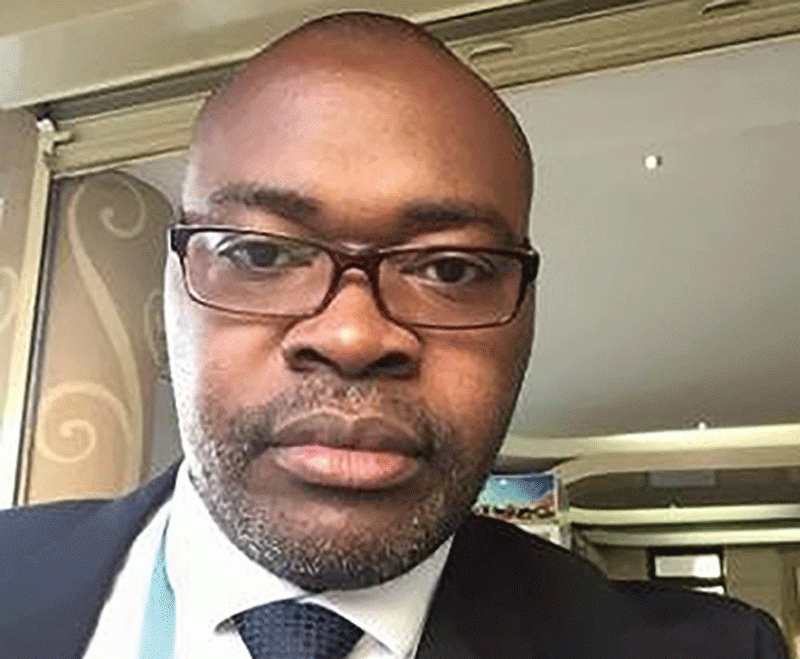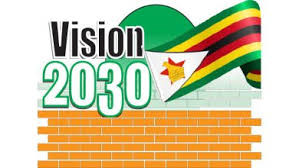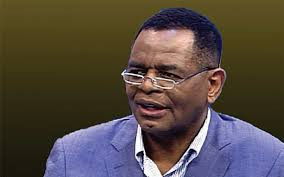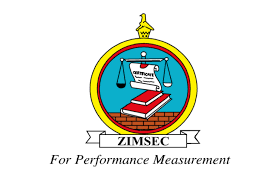
“The more things change, the more they stay the same ...” is a commonly used quotation coined by the French writer Jean-Baptiste Alphonse Karr.
The saying implies that even the most turbulent of changes do not alter reality at a deeper level other than strengthening the status quo. It seems the world is oscillating between autonomous sovereignty and globalisation.
For almost eight decades, the world witnessed major geopolitical, technological, social and cultural changes which conspired to establish an impression that it was coming together as one or almost homogenising.
It was emerging from defragmentation following several localised wars, slavery, colonisation, economic depressions, colonisation, and two world wars and then the realisation of the need to establish global governance institutions to spearhead international peace and security, develop friendly relations among nations, achieve international co-operation, and harmonise the actions of nations.
The process was spurred by the rise in the concept of globalisation — a term used to describe how trade and technology have made the world into a more connected and interdependent place.
Globalisation has captured in its scale the economic and social changes that have come about as a result.
People, capital, trade, material goods, political power, ideas, problems as well as diseases now travel faster and wider in a short space of time.
A problem in one country such as Ukraine has knock-on effects on the entire world — that is how connected we are.
- Letter from America: Is former president Donald Trump a hero or villain?
- Chidzivo, Tarakinyu clinch Kabag honours
- CCC urged to push for dialogue over reforms
- Letter from America: Is former president Donald Trump a hero or villain?
Keep Reading
That is how the world has turned into one big village, reducing countries into households with limited influence on their own affairs. The United States (US) and its Western allies dominated and governed this village — a scenario that is criticised for supposedly extending colonialism and imperialism against weaker nations.
The West, indeed, exercised excessive power and influence, and it ruled the world, by imposing and implementing its Western morals that hide its insatiable appetite for wealth accumulation.
Underneath what appeared to be a gradually homogeneous village lay irrepressible heterogeneity. Indeed, homogeneity could not be achieved at the expense of differences or at the suppression of “others’ capacities” to grow.
The late 1970s saw the gradual and yet unstoppable rise of China to become a global economic powerhouse. Meanwhile, since the mid-1980s, India opened its markets through economic liberalisation and implemented reforms from 1991 to 2000 establishing a free market economy. Today, India is the fifth largest economy in the world.
On the Eastern Europe bloc, the end of the Cold War between the United States and the Soviet Union, from 1947 to 1991, saw Russia going through radical economic transformation, moving from a centrally planned economy to a globally integrated market economy.
Between 2000 and 2008, the Russian economy got a major boost from rising commodity prices, which together with the growth in energy and other major sectors earned the country a slot among the top 10 largest economies in the world.
On the Latin American side, Brazil was holding its own as the largest economy in South America and among the top 10 in the world.
With big economies in their hands, plus 42% of the world’s population that boasts a growing middle class, came political power and big influence. Unity among these countries was the missing link to challenge Western hegemony.
As fate would have it, the capriciousness of the West gave the BRICS countries — Brazil, Russia, India, China and South Africa — the reason to come together and forge strategic economic alliances. This occurred at a time when the synthesis that held the West together was rapidly melting.
Thanks to former US President Donald Trump and United Kingdom (UK) Prime Minister Boris Johnson, who spawned the rise of economic protectionist policies in the West.
First, the United Kingdom pulls out of the European Union (EU). Second, the EU introduces what it described as European Sovereignty, the Strategic Autonomy; and third, the US imposes tariffs and other barriers on imported goods.
The Western world was recoiling to selfish policies even when it was clear that protectionism goes against the tenets of globalisation.
It is a selfish and individualistic policy that marked the gradual process of deglobalisation.
The way the West has handled the Russian war in Ukraine has fast-tracked the deglobalisation process as other countries led by the BRICS seek alternative global trading systems to reduce their dependence on the West and disentangle themselves from the current global trading system.
That will likely be marked by a decline in economic trade and investment between the West and the rest of the world.
As these developments unfold, they present both opportunities and challenges. Opportunities come in the form of new trading terms and partnerships. And challenges may include a decline in international trade or dependence on the international market.
As things take shape, it is incumbent upon countries to adopt more self-reliant policies to enable survival from external shocks and to earn a ticket to be an equal partner in a newly organised world.
A loss of interaction and the co-movement of economies may result in the disruption of global trade and logistics — a scenario that calls on weaker countries to start devising an alternative plan.
- Tapiwa Gomo is a development consultant based in Pretoria, South Africa. He writes here in his personal capacity.











